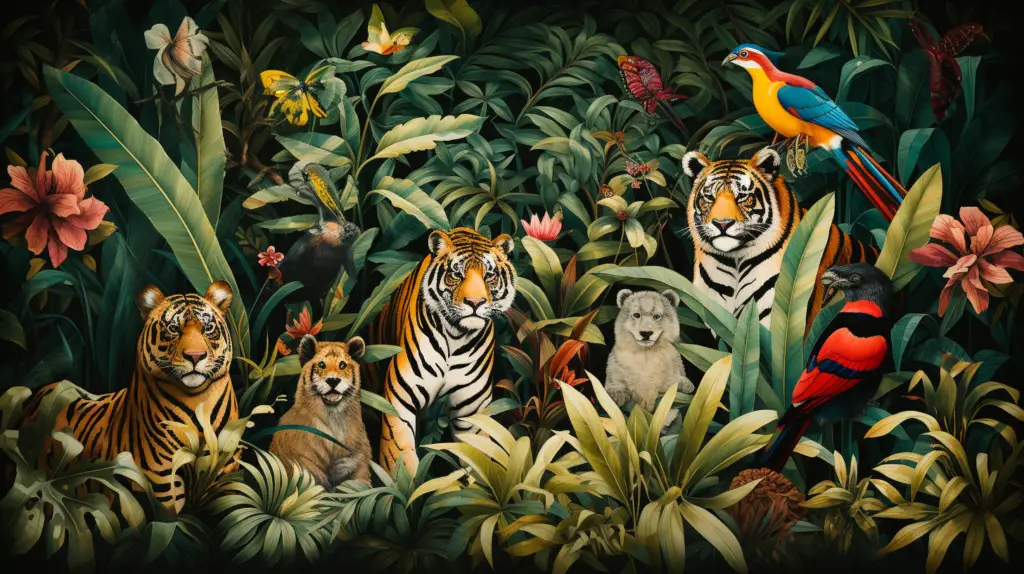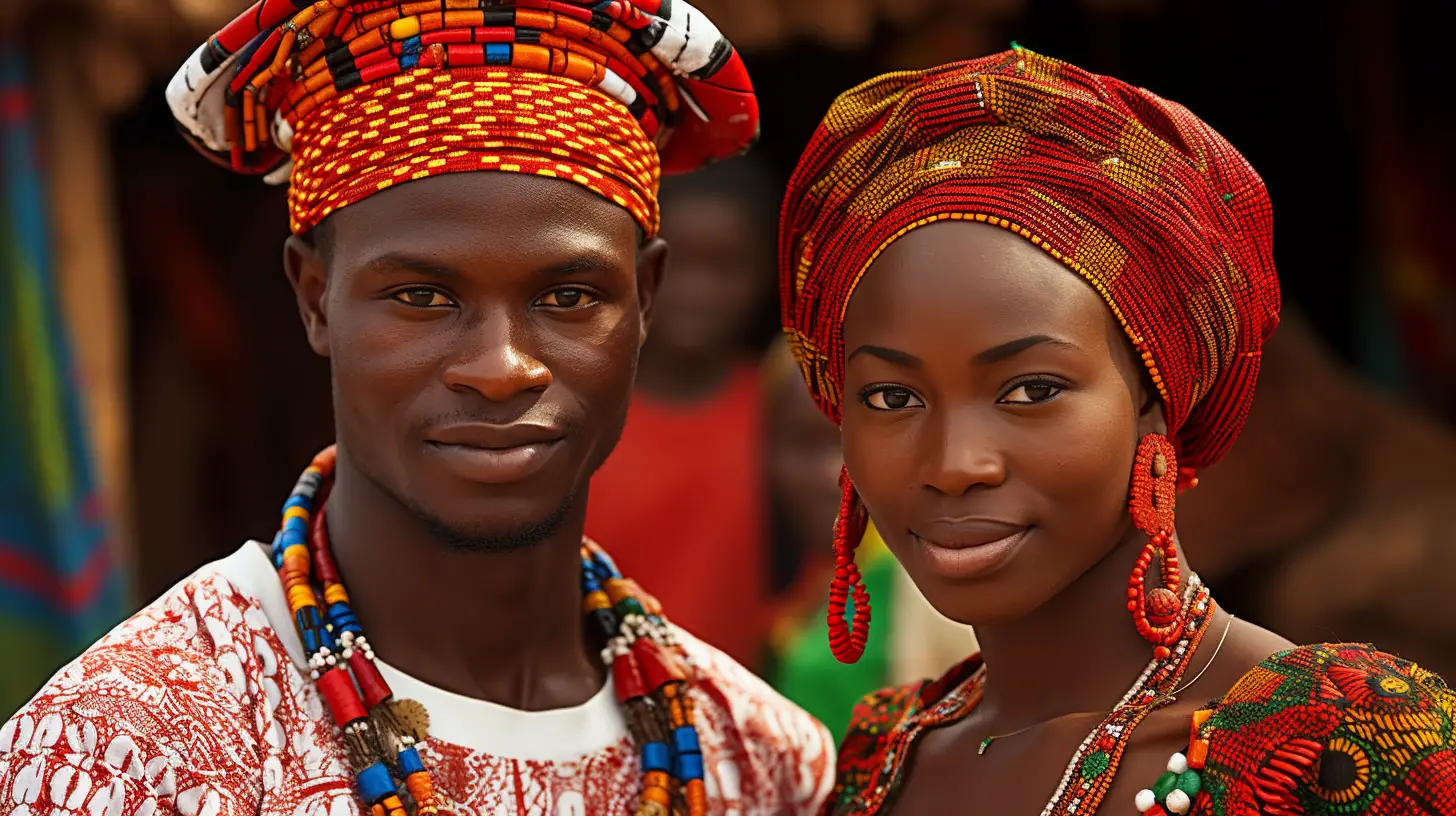Animal awareness education is a crucial component in fostering a culture of respect and care for all living beings, aiming to promote understanding and empathy towards animals and their habitats. Through a comprehensive approach that spans classroom instruction, practical workshops, virtual interactions, and field trips, this form of education covers a broad range of topics including animal physiology, behavior, conservation, and the ethical considerations of human-animal interactions. It allows students to appreciate the significance of biodiversity, the impact of human activities on ecosystems, and the pressing need for wildlife conservation. By equipping individuals with knowledge and fostering compassion from a young age, animal awareness education lays the groundwork for responsible actions, encouraging informed decision-making and inspiring future generations to contribute to sustainable living and wildlife preservation.
Here are the national and international animal awareness days we celebrate every year in the month of August:
International Clouded Leopard Day – August 4
International Clouded Leopard Day, celebrated on August 4th, is a global initiative aimed at raising awareness about the magnificent and elusive Clouded Leopard, one of the most captivating and threatened wild cat species found in the forests of Southeast Asia. On this day, conservation organizations, zoos, wildlife enthusiasts, and educational institutions worldwide rally together to shed light on the plight of these leopards, which are critically endangered due to deforestation and illegal wildlife trade. Through a mix of virtual events, educational programs, fundraising initiatives, and social media campaigns, International Clouded Leopard Day underscores the importance of preserving the species’ natural habitat, combating wildlife trafficking, and supporting the scientific research necessary for their survival.
International Moon Bear Day – August 8
International Moon Bear Day, observed annually on August 8th, is a dedicated event aimed at raising global awareness about the Moon Bear, also known as the Asiatic black bear. This day serves as a platform to highlight the threats faced by these bears, which range from habitat loss due to deforestation to horrific bear bile farming practices across parts of Asia. Advocacy groups, conservationists, and educational institutions worldwide unite on this day, hosting various activities such as online seminars, educational programs, fundraisers, and social media campaigns. Through these actions, International Moon Bear Day strives to promote the conservation of this vulnerable species, underscore the cruelty of bear bile farming, and generate support for efforts aimed at protecting and rehabilitating Moon Bears and their natural habitats.
World Lion Day – August 10
World Lion Day, celebrated annually on August 10th, is a global event designed to raise awareness about the majestic yet endangered lion, the king of the jungle. This day plays a critical role in highlighting the significant challenges these iconic creatures face, such as habitat loss, human-wildlife conflict, and declining prey populations. Conservation organizations, wildlife enthusiasts, and educational institutions around the world unite on this day, conducting activities ranging from educational seminars and workshops to fundraisers and social media campaigns. World Lion Day seeks to emphasize the urgent need for conservation efforts, inspiring individuals worldwide to take action to protect and preserve lions, their habitats, and the ecosystems they help balance, ensuring their regal roars continue to echo in the wild.
World Elephant Day – August 12
World Elephant Day, commemorated each year on August 12th, is a global initiative aimed at creating awareness about the urgent plight of Asian and African elephants. The event calls attention to the various challenges faced by these gentle giants, including habitat loss, human-elephant conflict, and poaching for ivory. Conservation groups, wildlife enthusiasts, zoos, and educational institutions across the world join hands on this day to conduct a range of activities such as workshops, awareness campaigns, fund-raisers, and educational programs. Through these efforts, World Elephant Day seeks to inspire individuals and governments worldwide to support the protection of elephants, their habitats, and to uphold stronger measures against illegal ivory trade, ensuring the survival of these magnificent creatures for future generations.
World Hirola Day – August 12
World Hirola Day, celebrated each year on August 12th, is a global awareness event dedicated to the critically endangered Hirola, a unique antelope species found primarily between Kenya and Somalia. This day spotlights the urgent plight of the Hirola, which faces numerous threats including habitat loss, predation, and diseases. Conservation organizations, wildlife advocates, and academic institutions around the world unite on this day to launch various initiatives, from educational workshops and awareness campaigns to conservation-oriented fundraisers. Through these collective efforts, World Hirola Day aims to generate global support for the protection and conservation of Hirolas, their natural habitats, and to promote sustainable practices, thereby ensuring the survival of this critically endangered antelope species.
International Wolf Day – August 13
International Wolf Day, celebrated annually on August 13th, is a worldwide initiative designed to raise awareness about the crucial role that wolves play in maintaining ecological balance. The event shines a spotlight on the threats wolves face due to habitat loss, human-wolf conflict, and illegal hunting, while also advocating for their protection and survival. Conservation organizations, educational institutions, wildlife enthusiasts, and advocates around the world unite on this day, conducting activities such as educational seminars, workshops, fundraisers, and social media campaigns. International Wolf Day seeks to inspire individuals globally to support the conservation of wolves, to appreciate their role as apex predators, and to promote coexistence strategies, ensuring these iconic creatures continue to thrive in the wild.
National Honey Bee Day – August 15
National Honey Bee Day, celebrated annually on August 15th, is a national observance that seeks to honor one of nature’s most industrious pollinators, the honey bee. This event emphasizes the crucial role that honey bees play in pollinating a significant proportion of our food crops, as well as their contribution to the natural ecosystem. Beekeepers, farmers, and environmental enthusiasts across the United States conduct various activities such as educational workshops, honey tastings, hive inspections, and conservation fundraisers to raise public awareness about the threats bees face, including habitat loss, pesticides, and disease. National Honey Bee Day aims to encourage sustainable practices, promote the conservation of bees, and underscore the urgent need to protect these vital insects to ensure biodiversity and food security.
World Orangutan Day – August 19
World Orangutan Day, commemorated every year on August 19th, is a global event aimed at raising awareness about the plight of the critically endangered Orangutans, a unique primate species found only in the rainforests of Borneo and Sumatra. This day serves to highlight the severe threats these apes face, primarily habitat loss due to deforestation for palm oil production, illegal wildlife trade, and hunting. Conservation groups, wildlife enthusiasts, educational institutions, and governments worldwide join efforts on this day, conducting a range of activities including awareness campaigns, educational programs, and fundraising initiatives. Through World Orangutan Day, the goal is to promote conservation actions, sustainable practices, and enforce stricter regulations against deforestation and illegal trafficking, thereby ensuring the survival of these extraordinary creatures for generations to come.
World African Wild Dog Day – August 26
World African Wild Dog Day, celebrated each year on August 26th, is an international event dedicated to raising awareness about the African wild dog, one of Africa’s most endangered predators. These unique canines face significant challenges such as habitat fragmentation, conflict with humans, disease, and competition with larger predators. On this day, wildlife conservation organizations, educational institutions, and animal enthusiasts worldwide conduct a series of activities like educational workshops, fundraising initiatives, and awareness campaigns. Through World African Wild Dog Day, the aim is to generate global support for the conservation of this species, highlight the importance of maintaining biodiversity, and promote strategies for coexistence between wild dogs and local communities, ensuring the continued survival of this intriguing species in the wild.
International Whale Shark Day – August 30
International Whale Shark Day, observed every year on August 30th, is a global event dedicated to celebrating the largest fish in the sea, the whale shark. This day serves to highlight the threats faced by these gentle giants, including marine pollution, overfishing, and the impact of climate change on their habitats. Marine conservation organizations, divers, educational institutions, and wildlife enthusiasts worldwide unite on this day, conducting various activities such as underwater clean-ups, awareness campaigns, educational workshops, and fund-raisers. Through these efforts, International Whale Shark Day aims to inspire people around the globe to respect marine life, support the conservation of whale sharks, and promote sustainable tourism practices, thereby safeguarding the future of these magnificent creatures and the marine ecosystem they inhabit.
In conclusion, animal awareness education plays a vital role in shaping a more sustainable, compassionate, and conservation-minded society. By fostering understanding and empathy towards various species, it enables individuals to make informed decisions that take into account the well-being of all earth’s inhabitants. This type of education underlines the interdependence of life on earth, highlighting that the survival of each species, including humans, is interconnected. From addressing pressing issues such as deforestation, climate change, and illegal wildlife trade, to promoting animal rights and welfare, animal awareness education is instrumental in creating a world where humans and animals can coexist harmoniously. Therefore, investing in this education and continually evolving its scope and methods is imperative for the preservation of our planet’s biodiversity and the health of our global ecosystem.


